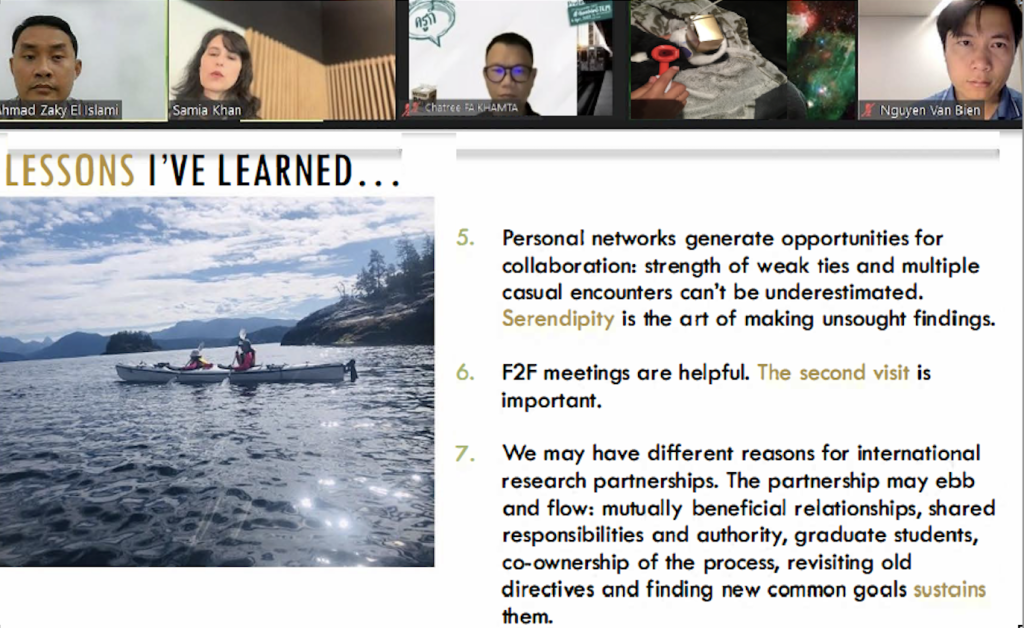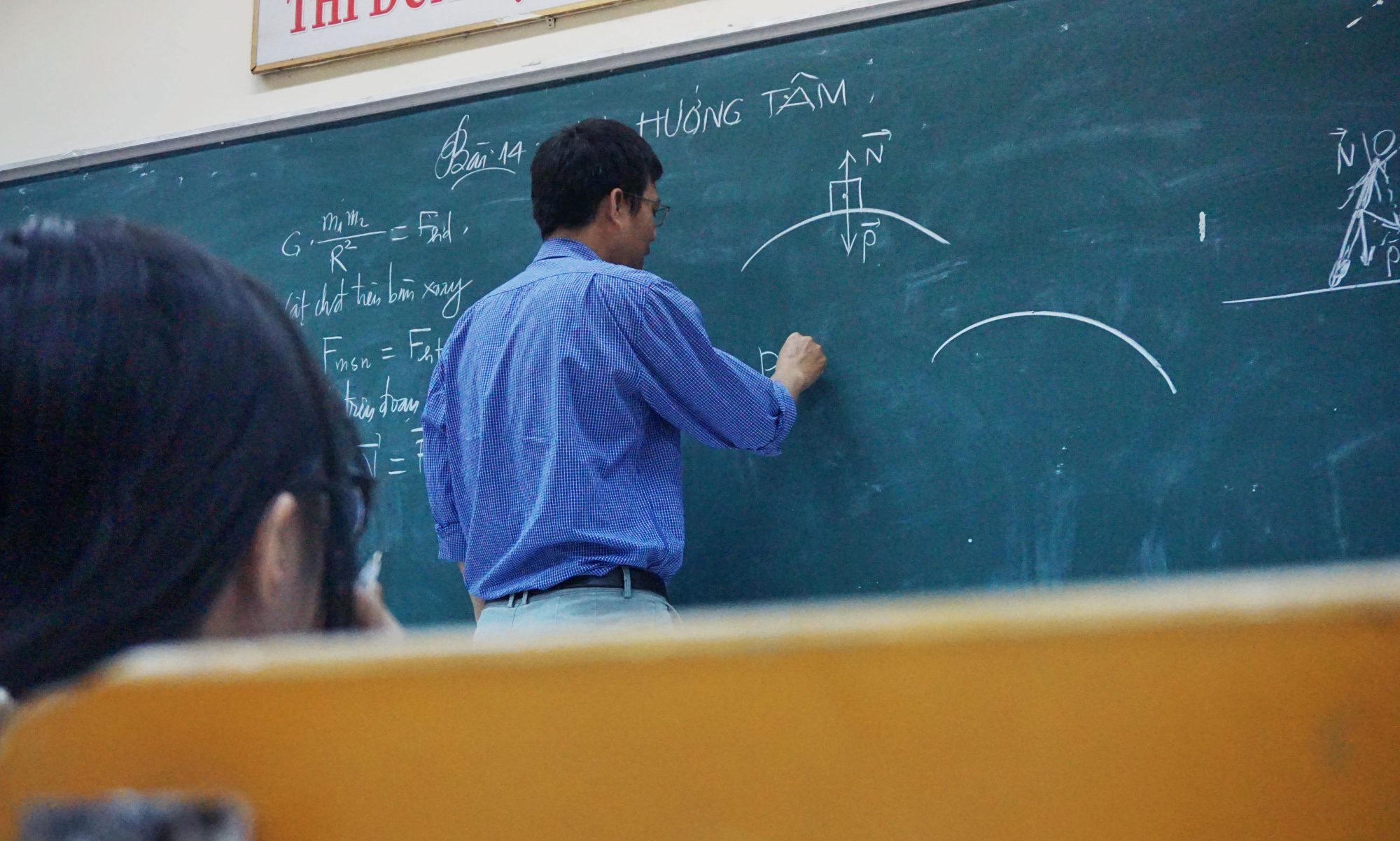Dr. Samia Khan was invited to deliver the keynote address at a seminar on International Research Collaborations. She described different scales of research collaborations and their relationship to policy as well as the story of how mii-STEM was born. As part of the talk, Dr. Khan invited mii-STEM Country Leads to share their thoughts on the mii-STEM international research collaboration in its 5th year. Here are some short snippets of the benefits from two of our country leads:
Hello everyone, my name is Nguyen Van Bien, and I am from Hanoi National University of Education in Vietnam. Hanoi National University of Education is the oldest university in Vietnam for teacher education, founded in 1945. We are the main contributor in the country for teaching every subject and all school levels, from childhood to K-12. Each year, we have an average of new 7,000 students. I joined MII-STEM as a country leader, and it is an honor to be a part of this group. The benefits of being part of MII-STEM include opportunities for collaboration and networking, sharing best practices and resources, and gaining access to training and professional development opportunities. I am very excited to be working on upgrading our next MII-STEM course 2.0. We hope that we can develop not only an offline course about STEM teacher training but also a blended course about MII-STEM.
My name is R. Ahmad Zaky El Islami. I have been working as Assistant Professor of Science Education at Universitas Sultan Ageng Tirtayasa in Indonesia since 2015. This university is the only public university in my province, Banten province under the Ministry of Education, Culture, Research and Technology of the Republic of Indonesia. Every year the university graduates around 300 science teachers or around 400 STEM teachers. My responsibility at my University is teaching and conducting research in science education or STEM education. In addition, I am the Editor-in-Chief of a WoS indexed journal in science education at my University. My role in MII-STEM is as the country leader for the Indonesian team. The benefits of the MII-STEM group for my country are very important because since the MII-STEM project started in 2018 in Scotland, STEM education in Indonesia has become more popular with the many international conferences, workshops, research collaborations that have been conducted. Another benefit for myself is that we have published article in a reputable Journal and also presented our MII-STEM results in several conferences around the world like Japan, Vietnam, and the Philippines.

During the two day long event, seven lessons learned about international research collaborations were also described as were features of our mii-STEM group methodology, including: “The Dundee Method”, a gallery of engagement with country profiles and various contexts, design-based research and the role of “curriculum design-sprints” in curriculum development, distributive meeting structure, and attention to graduate mentorship.
